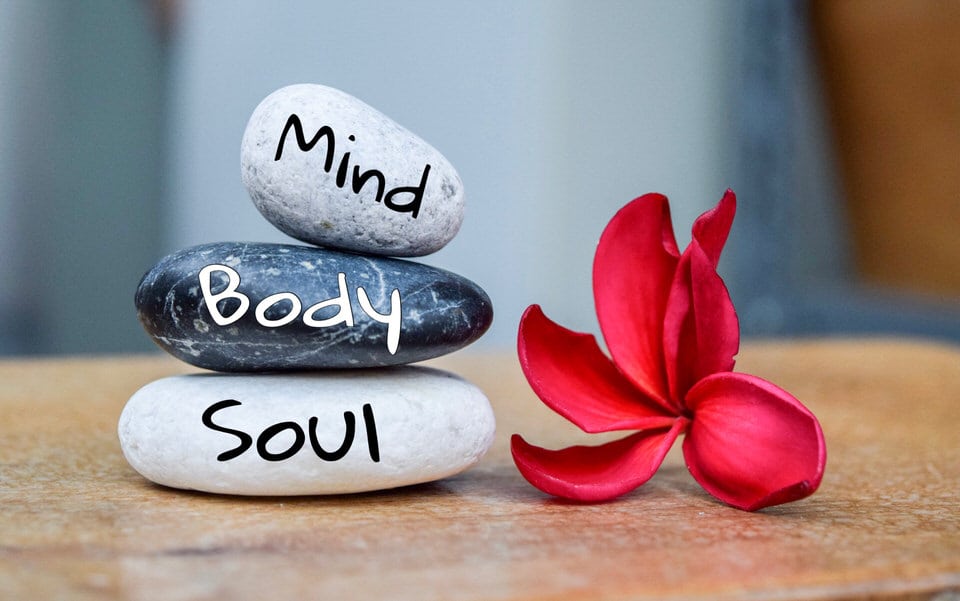It is rightly said that necessity is the mother of invention. This applies to health insurance also. Deteriorating lifestyle patterns…
Read More

It is rightly said that necessity is the mother of invention. This applies to health insurance also. Deteriorating lifestyle patterns…
Read More
Dance is an integral part of our daily life. Almost everybody enjoys this activity and it is not astonishing to…
Read More
“‘A tithe of everything from the land, whether grain from the soil or fruit from the trees, belongs to the…
Read More
The cost of health insurance for an average family is enormous but necessary in many cases. Each individual’s needs are…
Read More
The health benefits of eating breakfast extend throughout your day, making it the most important meal of the day. Consuming…
Read More
The use of wine and our strong convictions of its health benefits, abstainers and teetotalers notwithstanding, are probably as old…
Read More
The process of receiving health care services at the correct time in the appropriate way and to get the best…
Read More
If mental well-being is to flourish healthily, maximally and spiritually, particularly depression during COVID, then our mental paradigms need adapting…
Read More
Letting it all hang out takes on a literal meaning when a man is into nudism. Although exact figures are…
Read More
Taking vacations allows time for relaxing and enjoying yourself in being free from your everyday responsibilities at home and at…
Read More